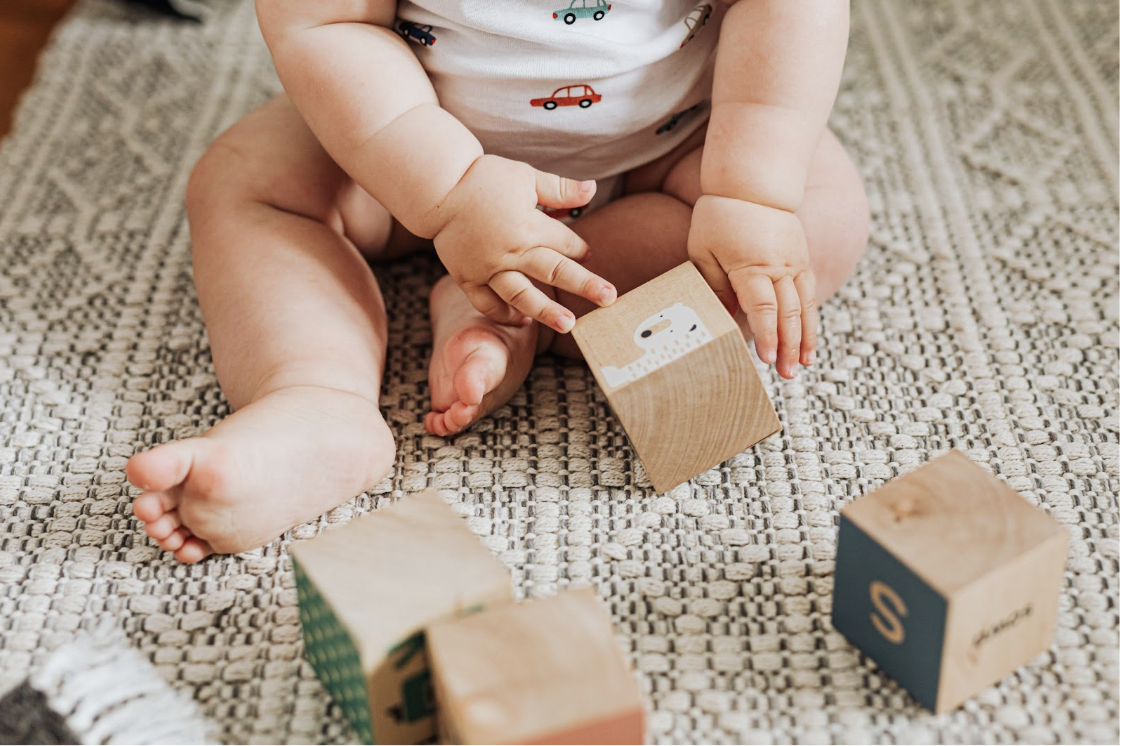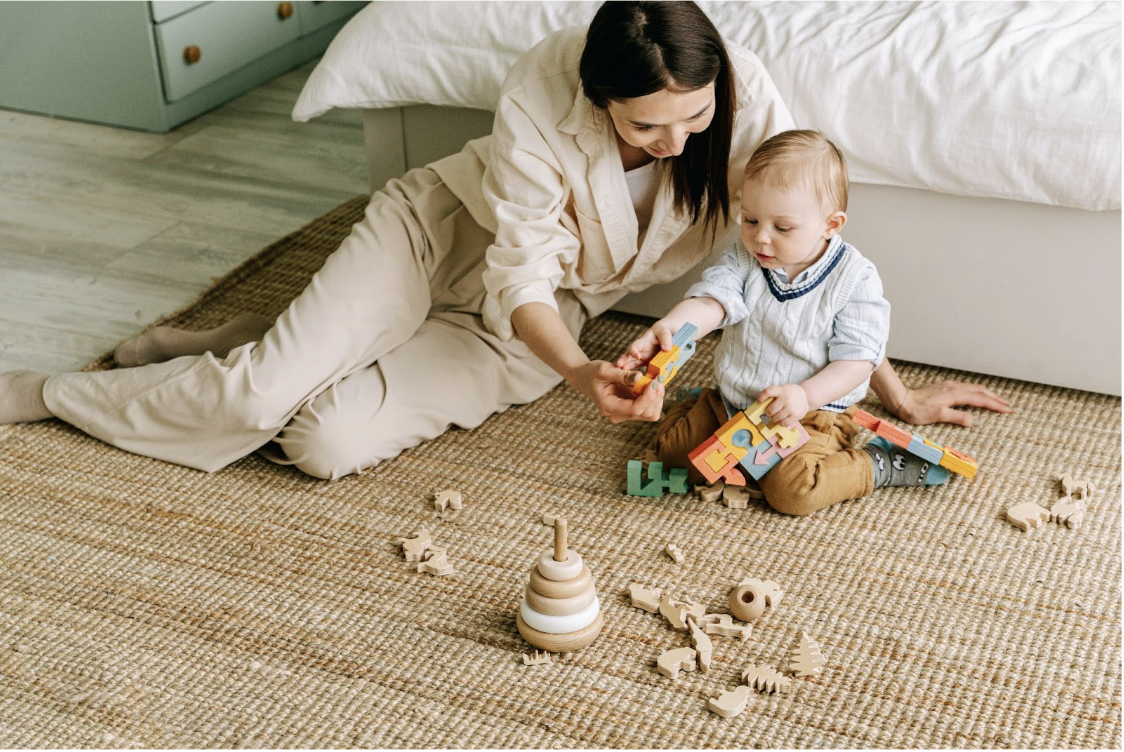The Crucial Role of Floor Play in a Baby's Development

Babies are like sponges, absorbing everything in their environment. They learn through play, and one form of play that is often underestimated is floor play. In this article, we will explore the vital role that floor play plays in a baby's development, the benefits it offers, different types of floor play, and how to create a safe and engaging environment for your little one. If you're looking to enhance your baby's floor play experience, be sure to shop play mats for babies and toddlers online for a wide range of options. These could include soft books, colorful toys, or musical instruments. We recommend a shop like this that sorts by age to make it easy to find what you need.
The Significance of Floor Play
Floor play, as the term suggests, is when babies engage in various activities while on the floor. This simple act is the cornerstone of early childhood development. It not only aids in physical growth but also fosters cognitive, social, and emotional development.
Benefits of Floor Play
Motor Development
One of the most noticeable advantages of floor play is how it supports motor development. When a baby is on the floor, they have the opportunity to move, stretch, and explore. This, in turn, promotes the development of motor skills, including crawling, rolling over, and eventually, standing and walking.
Cognitive Development
Floor play stimulates a baby's mind. They are encouraged to reach, grasp, and investigate the objects around them. This hands-on approach to learning enhances their problem-solving abilities, spatial awareness, and object permanence.
Social and Emotional Development
Floor play also aids in the development of social and emotional skills. Babies often engage in floor play with their parents or caregivers. This interaction fosters emotional bonds, trust, and a sense of security. It's during floor play that babies learn about communication, empathy, and cooperation.
Types of Floor Play
Tummy Time
Tummy time is essential for building upper body strength. Placing a baby on their stomach encourages them to lift their head and shoulders, preparing them for crawling.
Crawling Games
Crawling games are designed to make crawling fun. Babies can chase after toys or explore tunnels, promoting both physical and mental development.
Interactive Playmats
Interactive playmats have colorful designs, textures, and sensory elements to engage a baby's senses. They are ideal for independent play.
Setting Up a Safe Floor Play Environment
Childproofing the Area
Before you let your baby loose on the floor, ensure the environment is baby-proofed. Remove hazards, secure cords, and use safety gates if necessary.
Suitable Toys and Props
Offer age-appropriate toys and props that encourage exploration. These could include soft books, colorful toys, or musical instruments.
Promoting Floor Play Engagement

Parental Involvement
Engaging with your baby during floor play is crucial. Get down on the floor with them, talk, sing, and play together.
Age-Appropriate Activities
As your baby grows, adjust the activities accordingly. Provide challenges that match their developmental stage, from reaching for objects to encouraging early attempts at crawling.
Floor Play Milestones
Months 0-3
During the first three months, focus on tummy time and sensory engagement. Babies are just beginning to discover the world.
Months 4-6
At this stage, encourage reaching and grasping. Soft toys and rattles become fascinating.
Months 7-12
Your baby might start to roll over and even sit up. Floor play is now more interactive, with crawling games becoming exciting.
Challenges and Solutions
Sibling Interference
If you have older children, ensure they understand the importance of your baby's floor play time. Create a schedule to avoid interruptions.
Balancing Screen Time
Limit screen time for older siblings when your baby is on the floor. Encourage them to engage in joint activities with their younger sibling.
The Role of Floor Play in Later Development
Standing and Walking
Floor play directly contributes to the development of standing and walking skills, a milestone that follows crawling.
Academic Readiness
The cognitive skills developed during floor play lay the foundation for future learning, such as reading and math.
Tips for Effective Floor Play
- Be patient and let your baby explore at their own pace.
- Always supervise floor play sessions.
- Use soft and comfortable flooring, like foam mats.
- Rotate toys and activities to keep things interesting.
- Encourage social interaction by inviting playdates.
Conclusion
In conclusion, floor play is an essential part of a baby's development. It nurtures physical, cognitive, social, and emotional growth, setting the stage for future milestones. It is through the simple act of playing on the floor that babies take their first steps, both figuratively and literally, toward a bright and promising future.
FAQs
- How can I make floor play safer for my baby?
- Ensure the floor is free of hazards, supervise your baby, and offer age-appropriate toys.
- When should I start tummy time with my baby?
- You can begin tummy time as early as the first week, but always consult with your pediatrician for guidance.
- What if my baby doesn't seem interested in floor play?
- Be patient and try different activities. Every baby is unique, and they may warm up to it in their own time.
- Can floor play replace other forms of play?
- Floor play is essential but should complement other forms of play like outdoor and social activities.
- How can I encourage my baby to crawl during floor play?
- Use enticing toys and create crawling challenges that motivate them to move.






